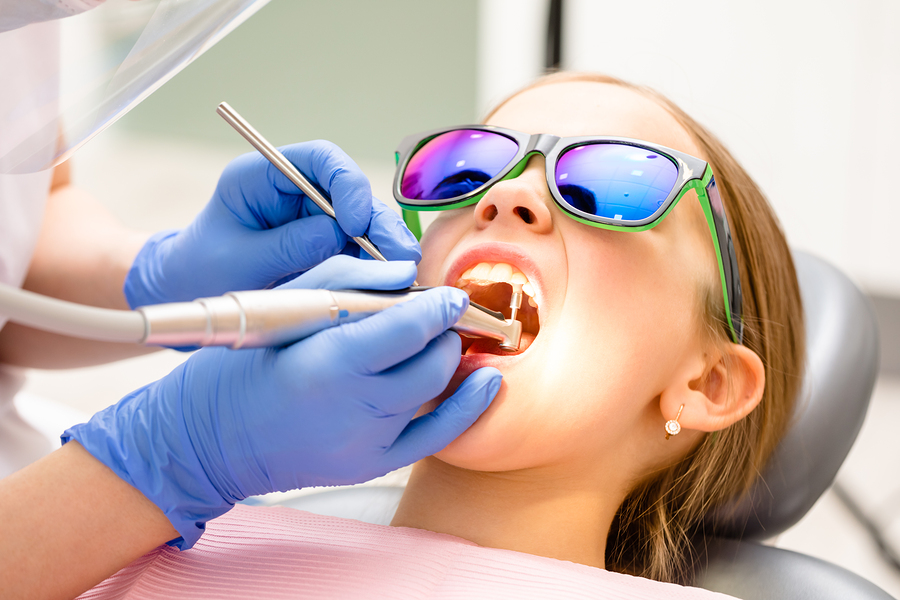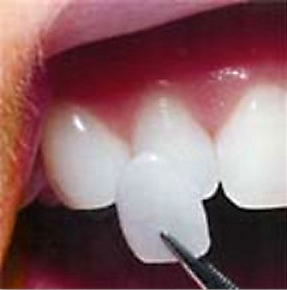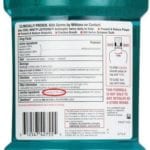I’ve been reading about toothaches online because my daughter is complaining about a back tooth. Everyone seems to indicate that any time there is a toothache, it means a dental infection. Is that ALWAYS the case? I’m in a tough spot. At the moment there is only $35 dollars in my bank account. I don’t want to leave my daughter in danger, but I don’t know how to pay for the appointment. The tooth she is complaining about is in the back of her mouth. I would be surprised if it developed an infection because I had those teeth sealed and her last checkup had an all-clear.
Cassie
Dear Cassie,
While in most cases a toothache can indicate a tooth infection, it is not so in EVERY case. You didn’t mention how long it had been since her last check-up. So it is hard to tell if it was close enough where you should not be too concerned.
I recently spoke with someone in a situation such as yours. Her daughter was complaining about a back tooth. Like you, this mother was responsibile and caring, so she worried about the potential of an infection. However, when she took her daughter in, the tooth was perfectly clear. The conclusion was that her daughter, who struggles with anxiety, had been clenching her teeth. This lead to the pain her daughter was experiencing.
In her case, the solution was to get a mouth guard. She couldn’t afford a custom one at the time. So, as a temporary solution, they purchased a one-sized fits all one at their local pharmacy for just a few dollars. While not ideal, it will do in a pinch while she saves up for the better device.
Because there is no way to know without checking, I would simply recommend calling your dentist and explaining the situation. Most dentists are compassionate and went into their field because they wanted a job that allowed them to help people. As you already have a working relationship with this dentist, they may be willing to just take an x-ray and peak in order to see what is going on and allow you to pay off the appointment a little at a time. This is especially true of dentists who see children.
At least this way you will know what your daughter is dealing with. If it is a tooth infection, then it would be considered a dental emergency. This is simply because these infections will continue to spread until the infected pulp is physically removed by the dentist.
Many people don’t realize that these infections can become life-threatening because of their proximity to the brain, heart, and lungs.
This blog is brought to you by Lafayette, LA Dentists Drs. Foreman and Thimmesch.


 Most mouthwashes are fine to use with your dental implants. The ones to watch out for containing alcohol. Listerine is the biggest culprit. It can contain up to 21% alcohol. If you avoid that ingredient, you should be fine and there are plenty of brands to choose from. Crest Pro-Health and Breath-Rx are two alcohol-free brands. Many dental offices even sell it in-office.
Most mouthwashes are fine to use with your dental implants. The ones to watch out for containing alcohol. Listerine is the biggest culprit. It can contain up to 21% alcohol. If you avoid that ingredient, you should be fine and there are plenty of brands to choose from. Crest Pro-Health and Breath-Rx are two alcohol-free brands. Many dental offices even sell it in-office.